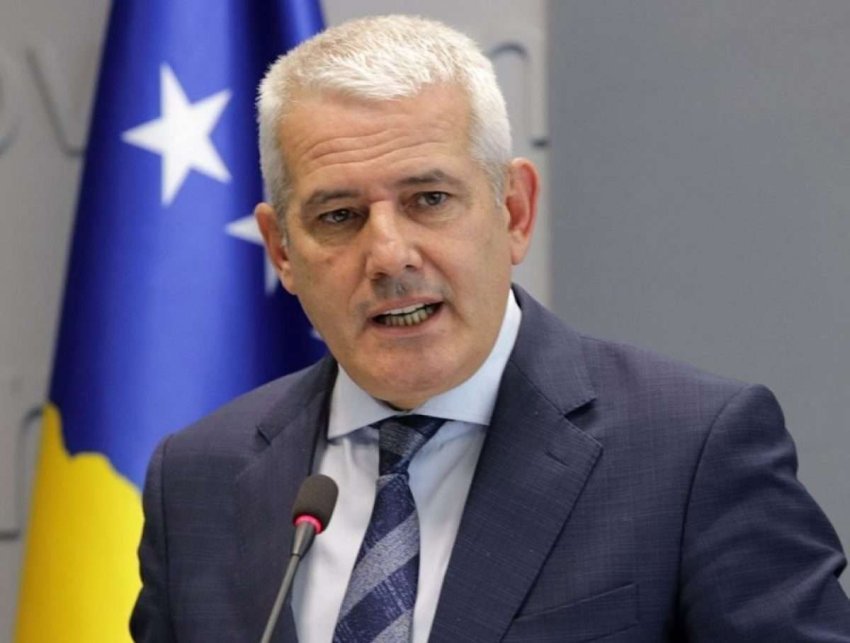One year after the terrorist attack in Banjska, Zvečan, where Kosovo Police Sergeant Afrim Bunjaku was killed, the country’s institutions commemorated September 24, 2023.
The Minister of Internal Affairs, Xhelal Sveçla, revealed new, previously unheard details about the Serbian terrorists who attacked the Kosovo Police.
According to the Minister, this group disguised themselves in KFOR uniforms to target and eliminate Kosovo police.
“One of the group’s goals was to camouflage themselves, during which they planned to eliminate our police at certain checkpoints where they intended to position themselves. This means that not only did they block the village of Banjska, but the next phase of their operation was to seize various positions, including those normally held by our police—such as checkpoints and police stations. This shows that they were thoroughly prepared,” Sveçla stated.
Minister Sveçla said that this group, led by Milan Radojičić, was armed from a Serbian military barracks. These details were uncovered by drones seized by police at the scene.
“When I mentioned the evidence we’ve seized, it’s now public—we also have documentation of the handover of weapons from the Serbian Army’s warehouses. This is absolutely part of the indictment. Rockets were handed over to Radojičić’s terrorist group from an official Serbian military warehouse, and from another warehouse, 30mm machine guns and grenade launchers were distributed,” Sveçla said.
However, Sveçla pointed out that key figures who supported the Banjska terrorist group—such as the Serbian Army commander—are missing from the indictment filed by the Special Prosecutor’s Office.
“To me, the indictment is incomplete without the commander of the Pasuljanski Livade barracks, his deputy, and the overall commander. Their exclusion does not absolve Serbia from being a direct participant in the Banjska attack, nor the Serbian Army commander,” Sveçla asserted.
He further warned that the latest intelligence suggests that Milan Radojičić’s group is preparing for further attacks.
“We have intelligence, both ours and from our partners, that Radojičić’s group, sometimes in larger or smaller numbers, continues to train in Serbia. This means their aspirations to cause destabilization in Kosovo and plans to reoccupy parts or all of Kosovo remain in motion,” he said.
Minister Sveçla concluded by emphasizing that the police in the north are prepared to face any challenges that may arise.







